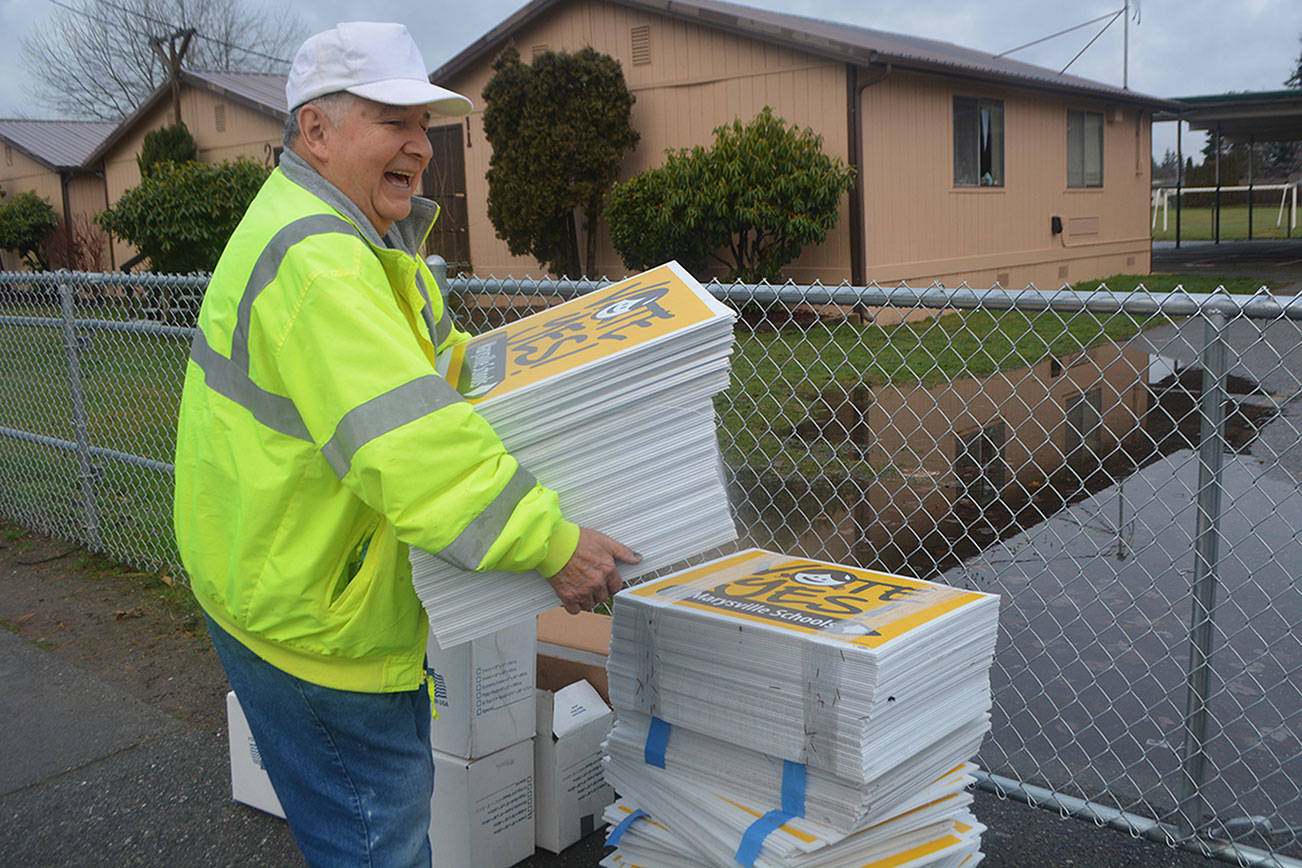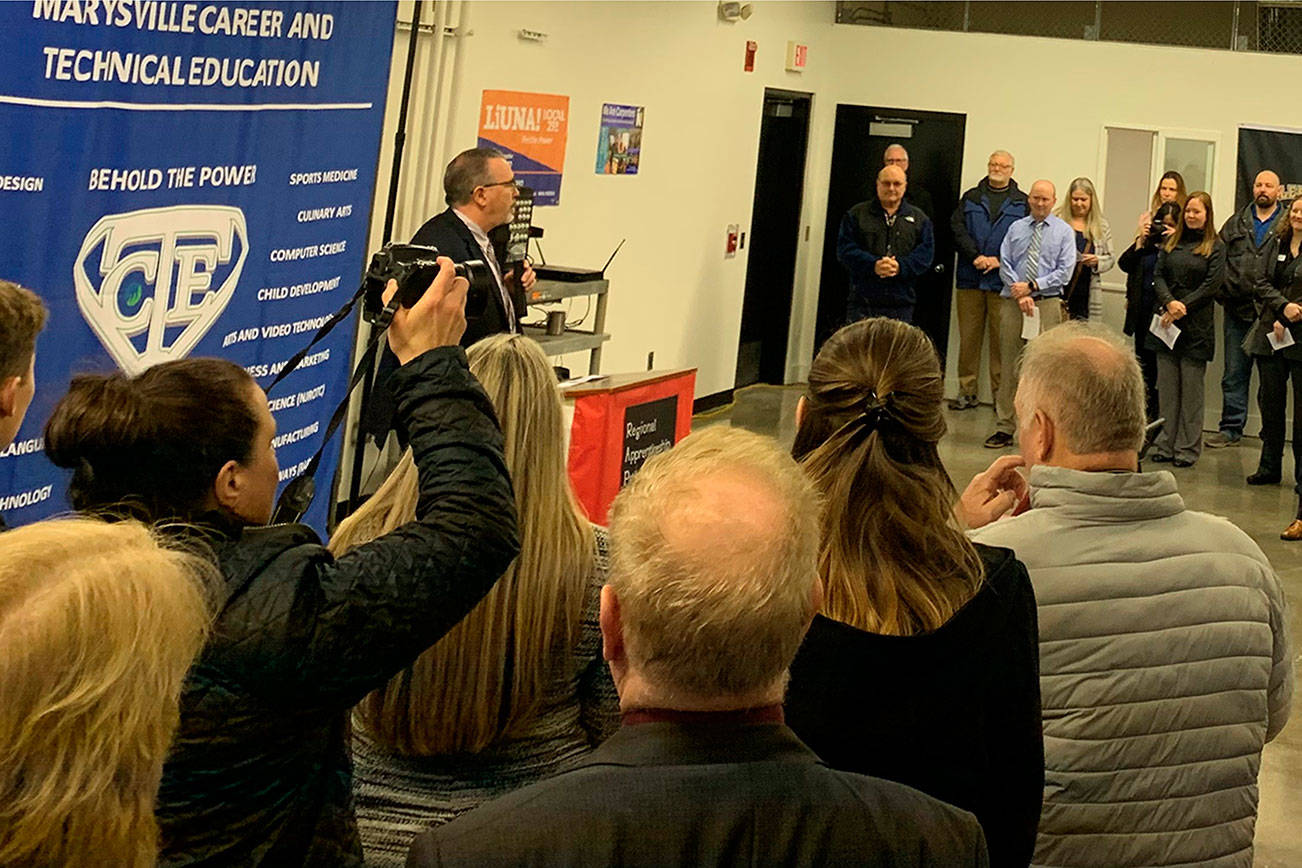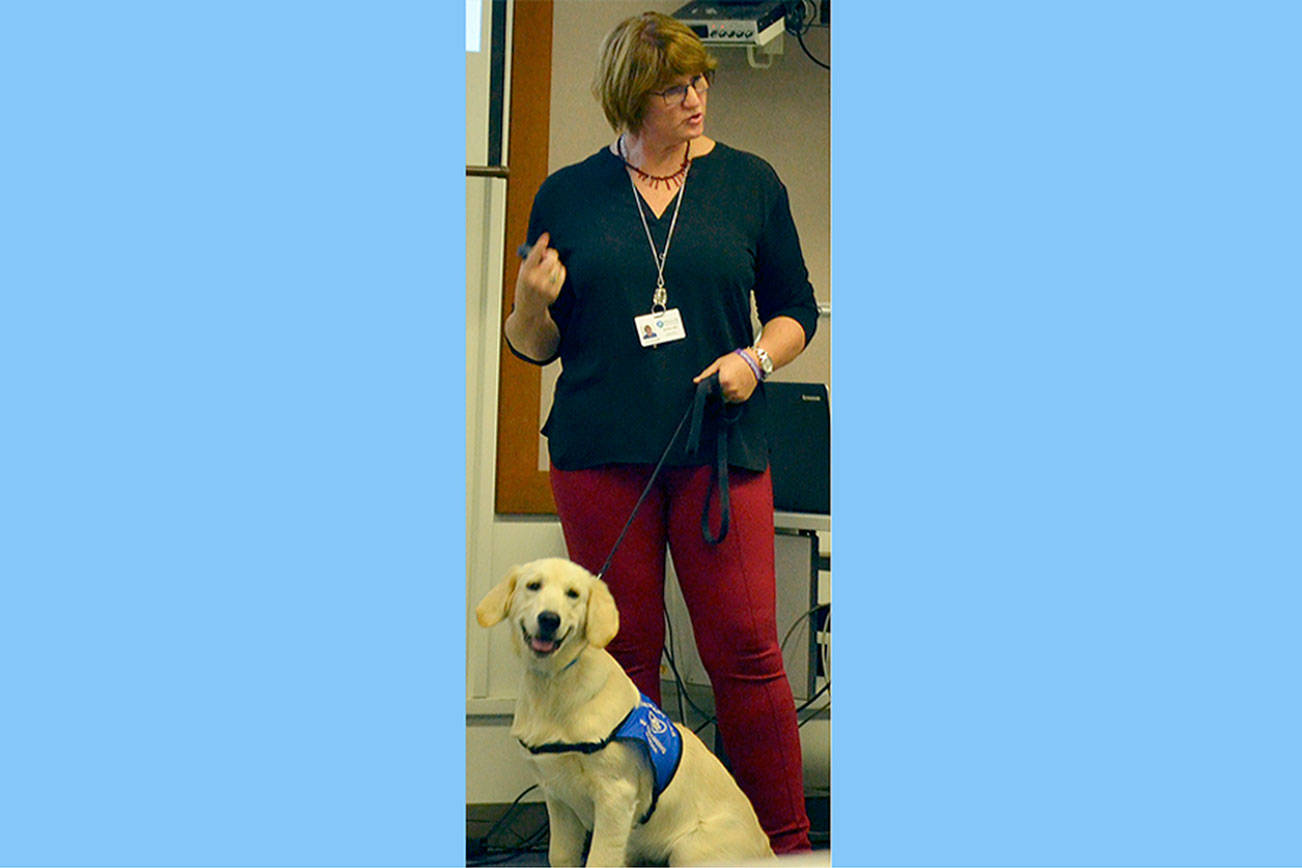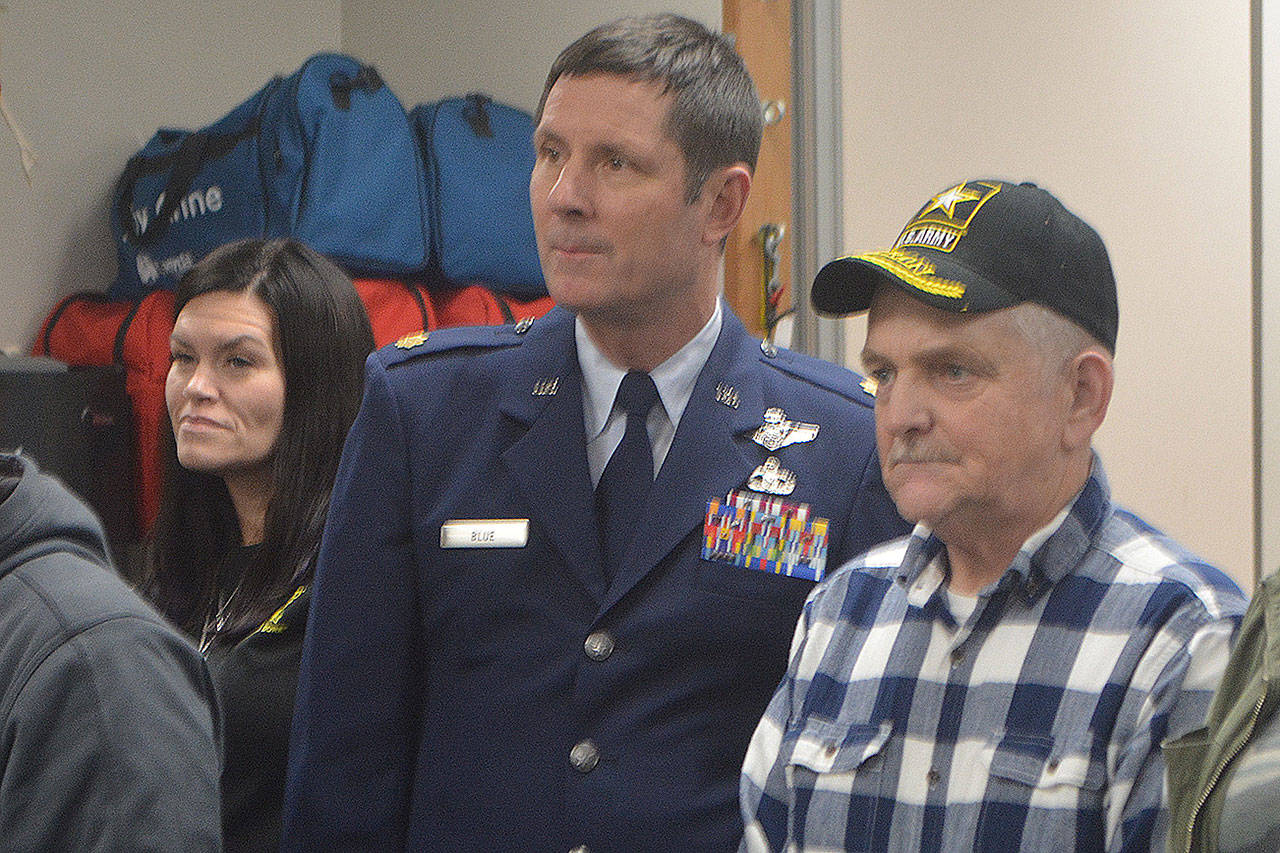MARYSVILLE – Police safety has always been a concern, but even more so the past few years.
Departments use dogs and robots to help keep officers out of dangerous situations.
The Marysville department is hoping the City Council will approve adding four drones to their arsenal of protection.
The council will vote on that and other items and its meeting at City Hall Monday night at 7.
The issue came up at Monday’s work session of the council during a discussion on amending the budget.
Chief Administrative Officer Gloria Hirashima said normally the city doesn’t want to add positions in the middle of the biennial budget, but because the need is so great they want to hire two new police officers and the associated needed equipment for them. The discussion turned to other needs, and that’s when the topic of the drones came up for added safety of officers. The drones could be used for surveillance, traffic and even emergency management.
Police Chief Rick Smith said the department also is hoping to obtain a FARO crime scene unit. He said it can take six to 12 hours to process a crime scene. With the FARO system, even the most-difficult scene can be processed in two hours.
The FARO website says: “Within a very short time after a crime, urgent steps must be taken to avoid deterioration of the scene and loss of evidence. The FARO Laser Scanner can mitigate the risk by quickly scanning a scene to record a detailed 3D point cloud overlaid with color images. This forensic documentation captures the entire accident or crime scene before the site is compromised. With this digital evidence, forensic scientists can examine the scene at a later date for lines of sight, a bullet trajectory or a blood spatter analysis. Other items discussed that will be on the regular meeting agenda Dec. 11:
•Council Member Jeff Seibert asked if changes to the Critical Areas Management Code being considered were being brought up because of complaints from builders. Hirashima said the Department of Ecology manual was updated, so the code needs to be, too. Seibert said the change in wording could result in smaller buffers. He was told the changes would allow flexibility and discretion so developers could work with the city. Council Member Michael Stevens added that being vague actually can be better for the environment than arbitrary, strict guidelines.
•The council will consider adding an embedded social worker, for which the city and county would split the cost. Arlington is planning to do the same. Smith said homeless are now leaving Marysville and going to Arlington and the county. He said the two-year pilot program will be a success if 20 people agree to get help and reduce crime 20 percent.
•Seibert questioned how the council would keep track of subdivisions once they are approved by city administrators rather than the council. If people aren’t happy, how would council stay in the loop before a decision is made? He was told reports will be provided by city staff.
•A two-year pilot program in which the Department of Correction will added an officer to the city’s NITE team.
•Snohomish Health District funding request of $2, compared with $1 a person last year.
•It will decide if it would support a new 911 emergency radio system.
Also at the work session:
•Mayor Jon Nehring swore into office city judges Lorrie Towers and Fred Gillings. “It’s not often they are on the other side of being sworn in,” Nehring joked.
•Public Works director Kevin Nielsen said his department is being revamped since it is down three managers anyway. Instead of having 30 employees, which is “really too many,” Hirashima said, each of the now-called supervisors will have 15.
•Janitorial services for the city would be almost $155,000 a year.
•It was said about 800 coats were donated in the police drive.







